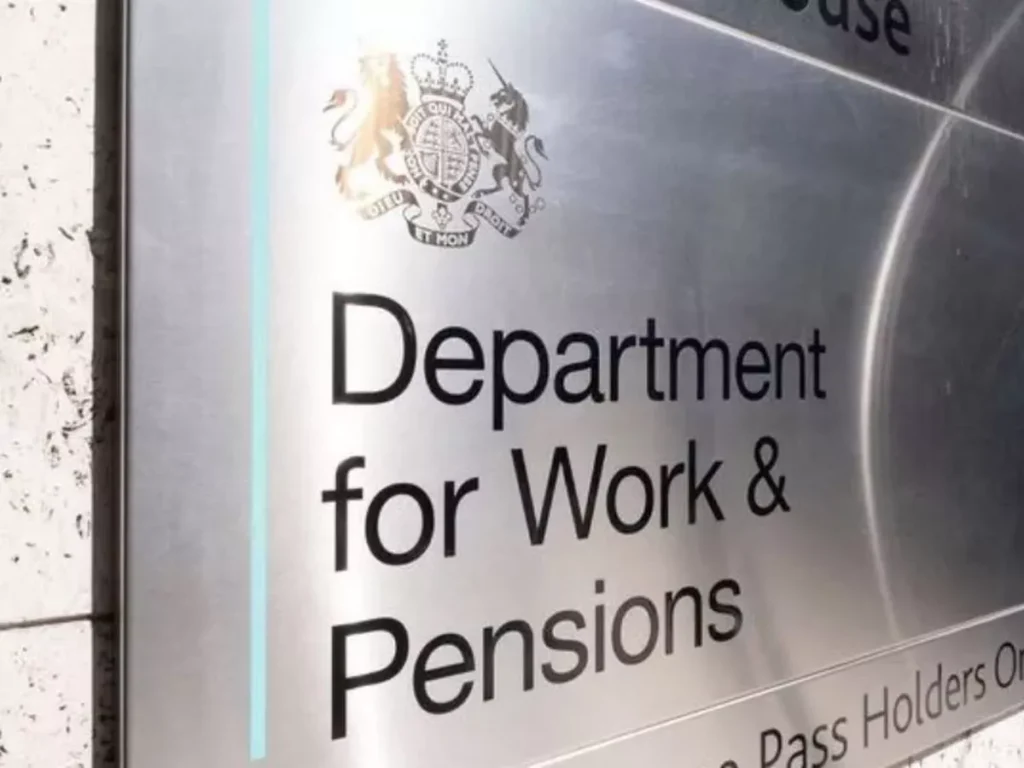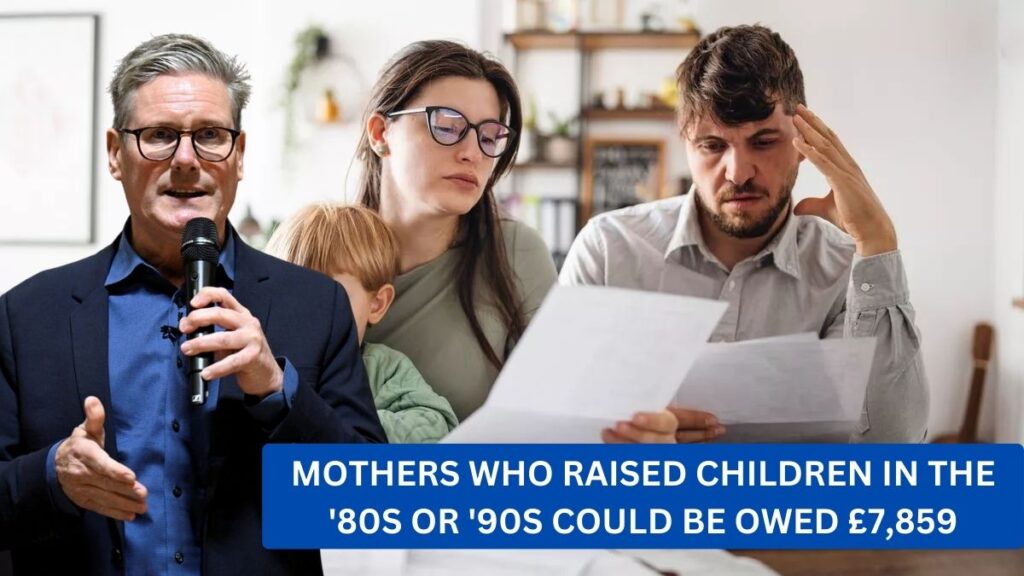Thousands of women across the UK who raised children during the 1980s and 1990s may be unknowingly missing out on state pension payments worth an average of £7,859, due to historic errors in National Insurance (NI) records.
What Happened?
Between April 6, 1978, and April 5, 2010, the UK government ran a program called Home Responsibilities Protection (HRP). It was designed to protect the state pension rights of people—mostly women—who took time off work to care for children or disabled relatives.
HRP provided credits to their National Insurance (NI) records so that missing employment years wouldn’t penalize their future pension. But in many cases, these credits were not properly recorded—particularly before 2000, when National Insurance numbers were not required on child benefit forms.
As a result, hundreds of thousands of people—mostly women—may have been underpaid in their state pension, simply because the system failed to log their child-caring years correctly.

What the Government Says
According to HM Revenue & Customs (HMRC), a review conducted between January and September 2024 revealed 5,344 cases of underpayment, amounting to over £42 million in arrears.
That’s an average of £7,859 per person—a significant sum for many pensioners.
To address the issue, HMRC has sent more than 370,000 letters to individuals who might be affected, asking them to check and correct their National Insurance records if needed.
“We are contacting people we believe may have been affected to ensure their records are updated, and they receive the pension they’re entitled to,” an HMRC spokesperson said.
Could You Be Affected?
You might be eligible for this payment if:
- You claimed Child Benefit between 1978 and 2010
- You were not working or had gaps in your National Insurance contributions
- You did not include your NI number on the Child Benefit claim form (common before May 2000)
- You are approaching or have reached state pension age
This issue is especially relevant to women who gave up work or reduced hours to care for children during those years.
What to Do Now
If you think you could be affected, here are the steps you should take:
1. Check Your National Insurance Record
You can view your NI record online via the UK government’s website:
Look for gaps in your record during the years when you were receiving child benefit.
2. Use the HRP Checker Tool
The government offers a Home Responsibilities Protection (HRP) eligibility checker to see if you should have received HRP credits.
3. Apply to Update Your NI Record
If you believe you missed out on HRP credits, fill in a CF411 form and submit it to HMRC.
Alternatively, you can apply via your Government Gateway account.

What’s the Impact?
Missing HRP credits can result in a lower weekly state pension than you are actually entitled to. For some, correcting the record could also lead to a one-time lump sum back payment.
Given that the full new State Pension is currently £203.85 per week (as of 2025), even a small correction can significantly improve long-term retirement income.
Campaigners Speak Out
Pension campaign groups such as Women Against State Pension Inequality (WASPI) have called the situation “deeply unfair” and urged the government to speed up the correction process.
Others point out that many affected individuals may not even be aware of the HRP scheme, especially older women who may not use digital tools or understand how to navigate the online system.
Final Advice
If you were a stay-at-home parent or took career breaks to raise a family between 1978 and 2010, don’t assume your pension record is correct. A missing NI credit could cost you thousands.
Check your record, verify your HRP eligibility, and act fast—you might just be owed a significant sum from the Department for Work and Pensions (DWP).
Useful Resources
This article has been carefully fact-checked by our editorial team to ensure accuracy and eliminate any misleading information. We are committed to maintaining the highest standards of integrity in our content.



